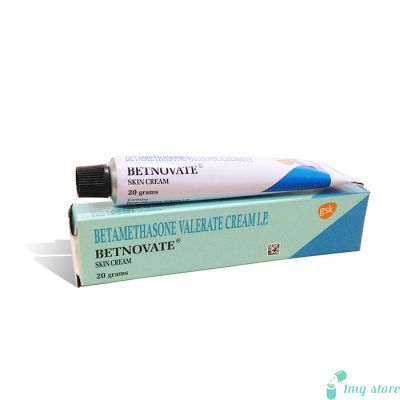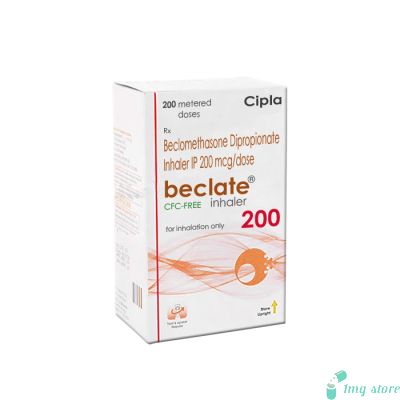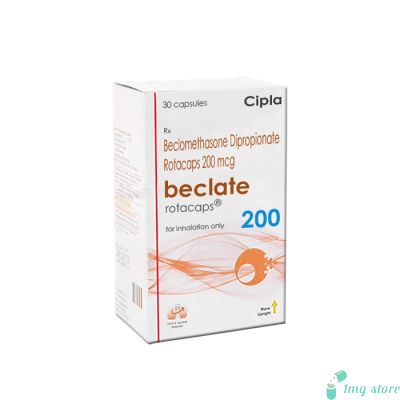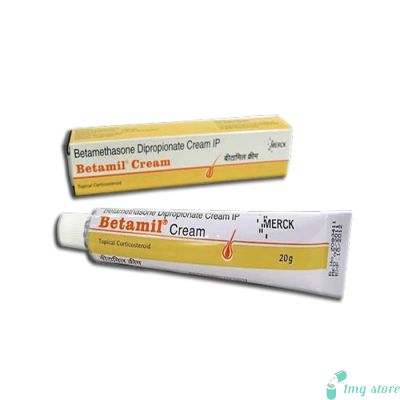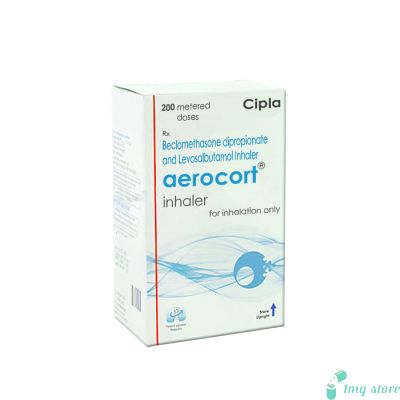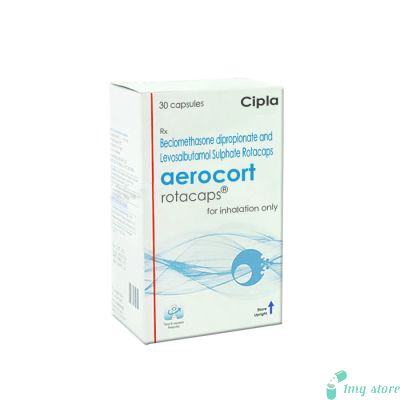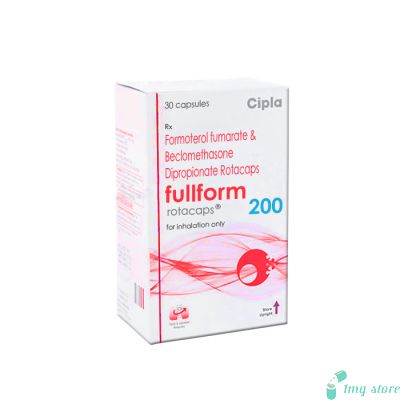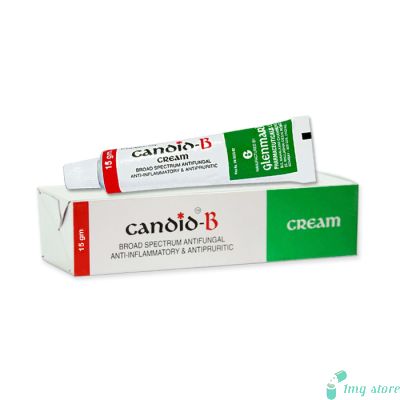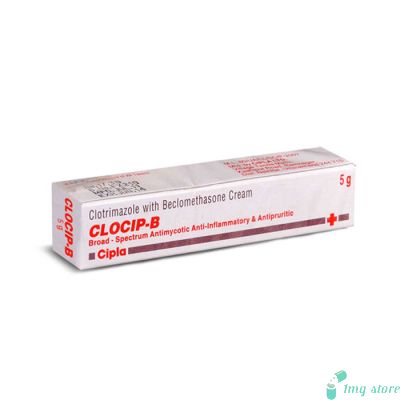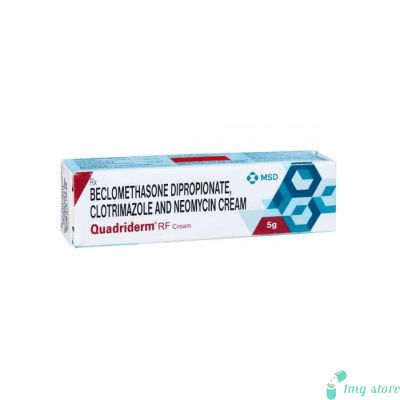Betnesol Tablet (Betamethasone)
Betamethasone Tablet is a type of corticosteroid used to reduce inflammation in skin conditions such as eczema, psoriasis, and dermatitis. Celestone and Betnesol are other brand name for Betamethasone.
What is Betamethasone?
Betamethasone is a type of corticosteroid used to reduce inflammation in skin conditions such as Eczema, psoriasis, and dermatitis. As a busy medical professional, it is important to understand the potential interactions of Betamethasone Dipropionate to ensure patient safety and proper therapeutic outcomes. This essay will provide an overview of Betamethasone Dipropionate’s history, uses and benefits, potential interactions, and possible side effects. Additionally, recommendations for busy medical professionals will be provided to maximize patient safety and make the most of their time. Celestone is another brand name for Betamethasone. Psoriasis is a chronic skin condition that is marked by red, scaly patches that may be itchy or painful. It is caused by an overactive immune system that causes skin cells to be produced at a faster rate than normal. Betamethasone Dipropionate is a topical corticosteroid medicine that is used to treat a variety of Skin conditions, including psoriasis, eczema, and allergies. In this essay, we will provide an overview of Betamethasone Dipropionate medicine, how to use it, and possible alternatives for treating psoriasis.
Betnesol Tablet (Betamethasone) Dosage Information
The dosage of Betnesol Tablet (Betamethasone) can vary depending on the medical condition being treated and the individual patient's response to the medication. It is crucial to follow the prescribed dosage and administration instructions provided by a healthcare professional. Generally, the recommended dosage ranges are as follows:
1. Anti-inflammatory and Allergic Conditions:
Adults: The usual starting dose is 0.6 to 7.2 mg daily, divided into 2 to 4 doses.
Children: The dosage is determined based on the child's weight and medical condition. It is typically administered in lower doses compared to adults.
2. Asthma and Respiratory Disorders:
Adults and Children: The dosage may vary depending on the severity of the asthma attack. It is usually initiated with a higher dose, followed by a gradual tapering off as symptoms improve.
3. Dermatological Conditions:
Betnesol cream or ointment: A thin layer is applied to the affected area 1 to 3 times daily.
Betnesol lotion: Apply a few drops to the affected area and rub in gently.
4. Inflammatory Bowel Disease (IBD):
Adults: The usual dosage is 3 to 5 tablets (0.75 mg to 1.25 mg) daily, taken in divided doses.
Children: Dosage is determined based on weight and medical condition, with lower doses compared to adults.
Betamethasone Tablet Manufacturer: Glaxo SmithKline Pharmaceuticals Ltd
Betamethasone Tablet Buy Online:
1mgstore.com provides a hassle-free online purchasing experience for individual customers looking to buy Betamethasone Tablets. With a wide range of products and secure payment options, customers can order Betamethasone Tablets from the comfort of their homes. The platform also offers detailed product information and customer reviews to help buyers make informed decisions.
Essential Safety Advice to Follow When Using Betnesol Tablet (Betamethasone)
Betamethasone is a corticosteroid medication typically prescribed to treat inflammatory skin conditions such as eczema and psoriasis. It is important for medical practitioners to be aware of the potential precautions of using this medication. This essay will provide a medical practitioner who is looking to gain knowledge and an understanding of the precautions of using Betamethasone dipropionate.
Medical Considerations: Betamethasone/Celestone may cause a range of side effects, including but not limited to headaches, nausea, acne, hair loss, skin discoloration, and increased risk of infection. It is important to monitor patients for any potential side effects and contact the prescribing physician if any occur.
In addition, Betamethasone dipropionate should not be used in patients with known hypersensitivity or allergy to the drug. Additionally, it may interact with certain drugs, such as nonsteroidal anti-inflammatory drugs (NSAIDs) and anticoagulants. Therefore, it is important to monitor patients for potential drug interactions.
Administration: The dosage of betamethasone dipropionate will vary depending on the patient's condition and response to treatment. It is important to follow the dosage instructions provided by the prescribing physician. Betamethasone dipropionate should be administered as directed by the prescribing physician. This may include applying the medication once or twice daily or as needed.
Patient Precaution: Patients should be warned not to use betamethasone dipropionate in the area of the eyes or face, as it can cause irritation or vision problems. In addition, patients should be advised to avoid exposure to sunlight or UV rays while using this medication. Patients using betamethasone dipropionate should be monitored for signs and symptoms of potential side effects and drug interactions. If any side effects occur, patients should contact their physician immediately.
Some of the specific indications for Betnesol Tablet (Best Betamethasone Tablet) include
- Anti-inflammatory Action: Betnesol Tablet is primarily employed for its potent anti-inflammatory properties. It is indicated for the management of various inflammatory conditions, including rheumatoid arthritis, osteoarthritis, and inflammatory skin disorders.
- Allergic Conditions: Betamethasone/Celestone effectively alleviates symptoms associated with allergic reactions, such as itching, redness, and swelling. It is commonly used in the treatment of allergic rhinitis, allergic dermatitis, and contact dermatitis.
- Asthma and Respiratory Disorders: Betnesol Tablet is sometimes prescribed as a short-term therapy for acute exacerbations of asthma and other respiratory conditions to reduce inflammation and improve breathing.
- Autoimmune Diseases: In certain autoimmune disorders like systemic lupus erythematosus (SLE) and multiple sclerosis, Betnesol Tablet can help suppress the overactive immune response, providing relief to the patients.
- Dermatological Conditions: Betamethasone is effective in treating various skin conditions, such as Psoriasis, eczema, and dermatitis.
- Inflammatory Bowel Disease (IBD): Betnesol Tablet may be used as part of the treatment regimen for inflammatory bowel diseases like Crohn's disease and ulcerative colitis to reduce inflammation in the digestive tract.
- Cancer Supportive Care: In cancer patients undergoing chemotherapy, Betnesol Tablet can help manage side effects like nausea, vomiting, and edema.
Betamethasone Tablet Bulk Order:
For those seeking to buy Betamethasone Tablets in large quantities, 1mgstore.com offers the convenience of placing bulk orders. As a reliable online pharmacy, they ensure timely delivery of quality medications at competitive prices. Whether it's for hospitals, clinics, or other medical establishments, bulk orders of Betamethasone Tablet can be conveniently placed through their user-friendly platform.
It is essential to be aware of Betnesol Tablet (Betamethasone) adverse reactions and seek medical attention if they occur:
Despite its therapeutic benefits, Betnesol Tablet is associated with potential side effects, which may vary in severity from person to person.
- Gastrointestinal Issues: Common side effects include stomach upset, indigestion, and heartburn. In some cases, long-term use may lead to peptic ulcers and gastrointestinal bleeding.
- Immunosuppression: Prolonged use of Betnesol Tablet can weaken the immune system, making the individual more susceptible to infections.
- Osteoporosis: Betamethasone can lead to reduced bone density, increasing the risk of fractures.
- Skin Issues: Thinning of the skin, easy bruising, and delayed wound healing are common side effects associated with topical use of Betamethasone.
- Weight Gain: Betnesol Tablet can cause fluid retention and increased appetite, leading to weight gain.
- Mood Swings: Some individuals may experience mood swings, anxiety, and even depression while on Betnesol treatment.
- Hypertension: Long-term use of Betamethasone may lead to elevated blood pressure levels.
- Growth Retardation (in children): Prolonged usage of Betnesol tablets in children may affect growth and development.
FAQs About Betnesol Tablet (Betamethasone)
Q: Can I take Betnesol Tablet with other medications for arthritis pain?
A: It is essential to consult your healthcare provider before combining Betnesol Tablet with other arthritis medications. Certain drug interactions may occur, and your doctor will determine the safest and most effective treatment plan.
Q: Is Betnesol Tablet/Celestone safe for pregnant women to use?
A: Pregnant women should use Betnesol Tablets only under medical supervision. The medication may pose risks to the developing fetus, and the dosage and duration of treatment should be carefully monitored by a healthcare professional.
Q: Can Betnesol Tablet be used to treat common cold symptoms?
A: Betnesol Tablet is not recommended for treating common cold symptoms. It is a potent corticosteroid and is not effective against viral infections like the common cold.
Q: Can I suddenly stop taking Betnesol Tablet if my symptoms improve?
A: No, abrupt discontinuation of Betnesol Tablet can lead to withdrawal symptoms and worsen the condition. Always follow your doctor's instructions on tapering off the medication gradually.
Q: Is Betnesol Tablet suitable for children with asthma?
A: Betnesol Tablet may be prescribed to children with asthma in specific cases, but only under close medical supervision. The dosage and duration of treatment should be carefully monitored to avoid potential side effects on growth and development.
Significant Drug Interactions that Require Attention For Betnesol Tablet (Betamethasone)
- Drug Interactions with Other Corticosteroids: Co-administration of Betnesol Tablet with other corticosteroids may lead to an increased risk of side effects. It is essential to avoid using multiple corticosteroid medications simultaneously unless specifically instructed by a healthcare professional.
- Non-Steroidal Anti-Inflammatory Drugs (NSAIDs): Concurrent use of Betnesol Tablet with NSAIDs can increase the risk of gastrointestinal bleeding and ulcer formation. Regular monitoring and adjustment of the dosage may be necessary if both medications are deemed necessary for the patient's treatment.
- Anticoagulants: Betamethasone/Celestone may alter the metabolism and effects of anticoagulant medications, leading to potential bleeding complications. Close monitoring of coagulation parameters is advised when using these drugs together.
- Diuretics: Concurrent administration of Betnesol Tablet with diuretics may cause hypokalemia and exacerbate fluid and electrolyte imbalances. Monitoring of potassium levels is essential in such cases.
- Immunosuppressants: Combining Betnesol Tablet with other immunosuppressive agents can increase the risk of infections. Careful monitoring of the patient's immune function is necessary when using these drugs in combination.
- Antidiabetic Medications: Betamethasone may interfere with the glucose-lowering effects of antidiabetic drugs, necessitating adjustments in diabetic patients' treatment plans.
- Live Vaccines: The use of Betnesol tablets may decrease the effectiveness of live vaccines. Avoiding live vaccines while on Betnesol treatment is recommended.
| Manufacturer | : | GSK Pharma, India |
| Equivalent Brand | : | Celestone |
| Generic Search | : | Betamethasone |









